Are Facebook And Twitter Bad For You?
Americans spend 520 billion minutes a year online. That begs the billion dollar question - are these social networks bad for you?
Do Facebook, Twitter,

Tai Lopez
Feb 25, 2015
It's possible our friendships becoming like Tolstoy described in "War and Peace": "A numberless multitude of people, of whom no one was close, no one was distant."
Mark Zuckerberg believes he is doing a good thing connecting the world with Facebook - but just about half of everyone you meet will swear that Facebook is causing the demise of society.
Today's Book-of-the-Day, "The Village Effect" by Susan Pinker, tries to answer that question using a fairly new scientific field called 'social neuroscience.'
There is a power in face-to-face contact.
It's fascinating, “Research shows that playing cards once a week or meeting friends every Wednesday night at Starbucks adds as many years to our lives as taking beta blockers or quitting a pack-a-day smoking habit.”
How large is your current in-person social network?
“A 2006 University of California study of three thousand women with breast cancer found that those with a large network of friends were four times as likely to survive as women with sparser social connections."
If a pharmaceutical company came up with a new drug that effective it would be a billion dollar breakthrough.
Now maybe it's just correlation and not causation.
But there's more: "In 2007 Steve Cole and his team at UCLA discovered that social contact switches on and off the genes that regulate our immune response to cancer and the rate of tumor growth."
This is a classic example of epigenetics - the science that shows that, just as important as the genes you were born with, are the changes that happen in your biology based on the behavioral habits you adopt and the environment you put yourself in.
John Cacioppo from University of Chicago reports that 20-40% of older adults feel lonely.
And you can't just ignore loneliness. It's hard coded into your brain.
“Feeling lonely is as painful as being wildly hungry or thirsty. If human brains evolved at a time when social cohesion meant survival, while social isolation meant starvation, predation, and certain death. If our big brains evolved to interact, loneliness would be an early warning system—a built-in alarm that sent a biological signal to members who had somehow become separated from the group. Like physical pain or hunger, loneliness effectively says, 'Hey, you! If you don’t find your people (or they don’t find you), you’re a goner'.”
You have to connect deeply with other humans or your brain's alarm system will go off.
“Loneliness drives up the cortisol and blood pressure levels that damage the internal organs.”
One of the reasons men tend to die younger than women is that men have a lot more testosterone coursing through their veins.
And a consequence of this testosterone is being more territorial. Men have a harder time keeping deep friendships as they get older.
"This additional boost in testosterone appears to facilitate male-male aggression, particularly during territory formation and mate guarding, and is also characterized by a lack of paternal care."
But there is one part of the world where there is an exception to male isolationism - where male testosterone doesn't turn men into hermits.
Pinker did her research and found, "Several remote Sardinian villages are the only places in the world where men live nearly as long as women. Everywhere else there is a gender gap in lifespan of about five to seven years. These Italian mountain villages are also home to an astonishingly high number of centenarians of both sexes: proportionally, six times as many hundred-plus-year-olds as in any modern city (in some of the villages the ratio is ten to one)."
So what is the Sardinian's secret?
"One essential piece of the puzzle, I discovered, has to do with the epoxy-like social bonds of village life.”
The healthy glue of community life.
So back to the original question, do social networks actually help or hurt our social life?
I think the answer is found in understanding the difference between quantity and quality.
You really don't need volume, you need what scientists call 'strong' relationships.
Matthew Brashears, a sociology professor at Cornell says: “There are lots of people we have relationships with. But this question picks up ties to people that are particularly strong—people we can go to if we’re in trouble, who could give you a substantial loan, who would help you.”
The litmus test for a real quality relationship is would they lend you money if you had a disaster?
Count up those friends.
They aren't the friends you have never met in person and are just your Facebook, Twitter, or Instagram "friends."
So for me the answer is simple - use social networks to find old friends you lost touch with and to invite them over for dinner or game night.
Social networks are a bit like a college degree. They are just tools. If you try to overuse them they are ineffective. But if you use them for what they are made for, they can be highly efficient tools.
So here are my four main takeaways:
1. Loneliness is an important emotion to force us back into a thriving social life.
2. Social interaction makes you live longer.
3. The social interaction has to be with people of the strength and quality that theoretically they would lend you money.
4. Use social networks to drive more actual in-person meet ups.
My action plan based on this book (always make sure you have a practical action plan for every book you read or conference you attend) is the most practical action plan ever.
In fact, I used to do this but I stopped for some stupid reason.
I am going to have a game night once a week on a set schedule at my house.
And I'm going to use social networking like Facebook, email, and texting to invite them.
Can't get simpler than that.
What is something simple you can do to increase the amount of in-person, "strong" social connections you have?
COMMENTS
Best of Tailopez
-
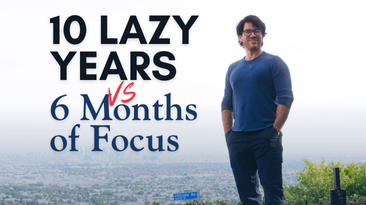 Ten Lazy Years Can Be Erased With Six Focused Months
Ten Lazy Years Can Be Erased With Six Focused Months -
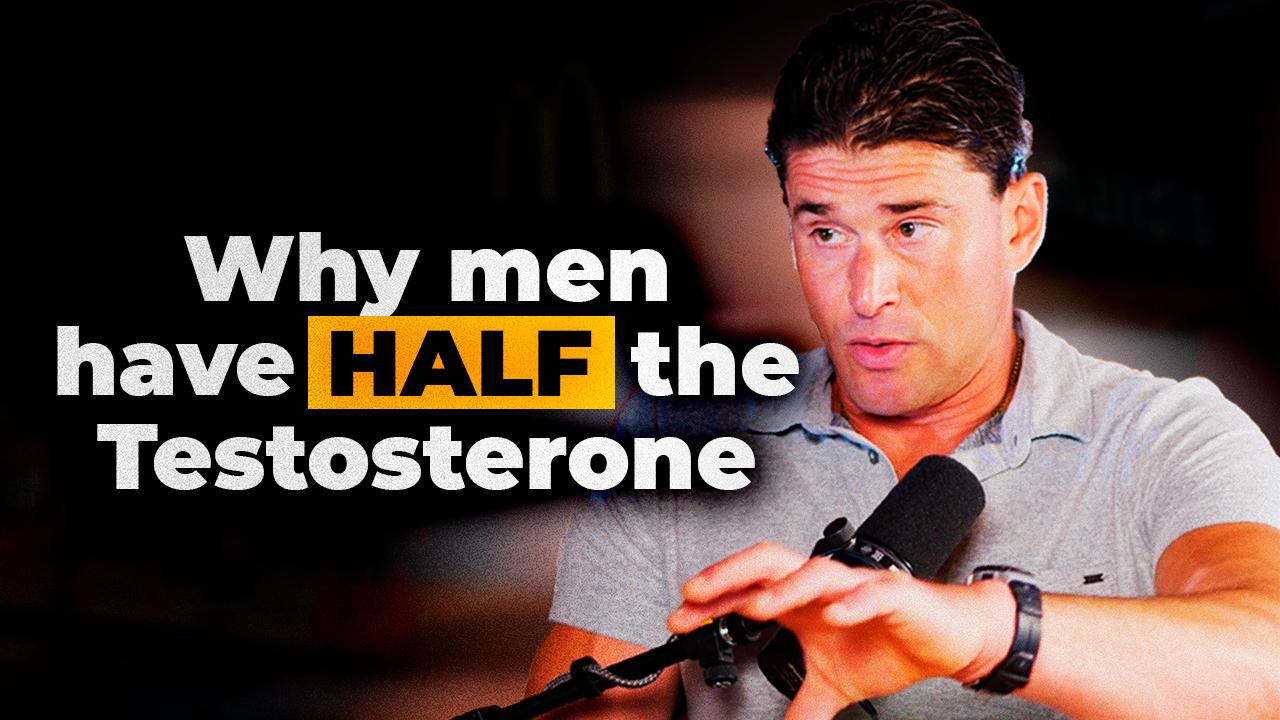 Why Men's Testosterone Is Half Their Grandfather's with Ben Greenfield
Why Men's Testosterone Is Half Their Grandfather's with Ben Greenfield -
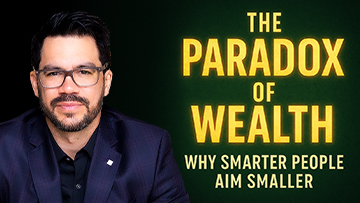 The Paradox of Wealth: Why Smarter People Aim Smaller
The Paradox of Wealth: Why Smarter People Aim Smaller -
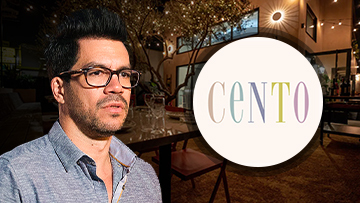 Mamma Mia in West Adams: Tai Lopez Finds LA's Pasta Holy Grail at Cento Pasta Bar
Mamma Mia in West Adams: Tai Lopez Finds LA's Pasta Holy Grail at Cento Pasta Bar -
 Sales Training, Scaling, and Breaking Objections: Tai Lopez with Johnny Mau
Sales Training, Scaling, and Breaking Objections: Tai Lopez with Johnny Mau

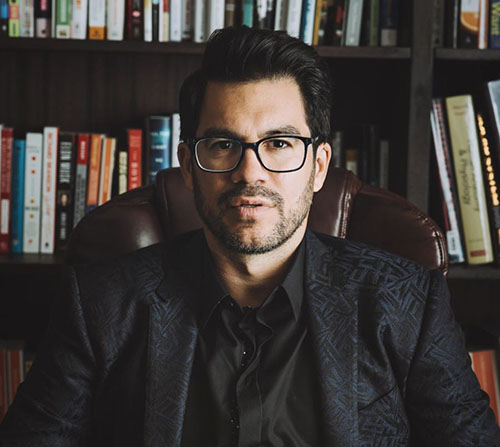
0 Comments